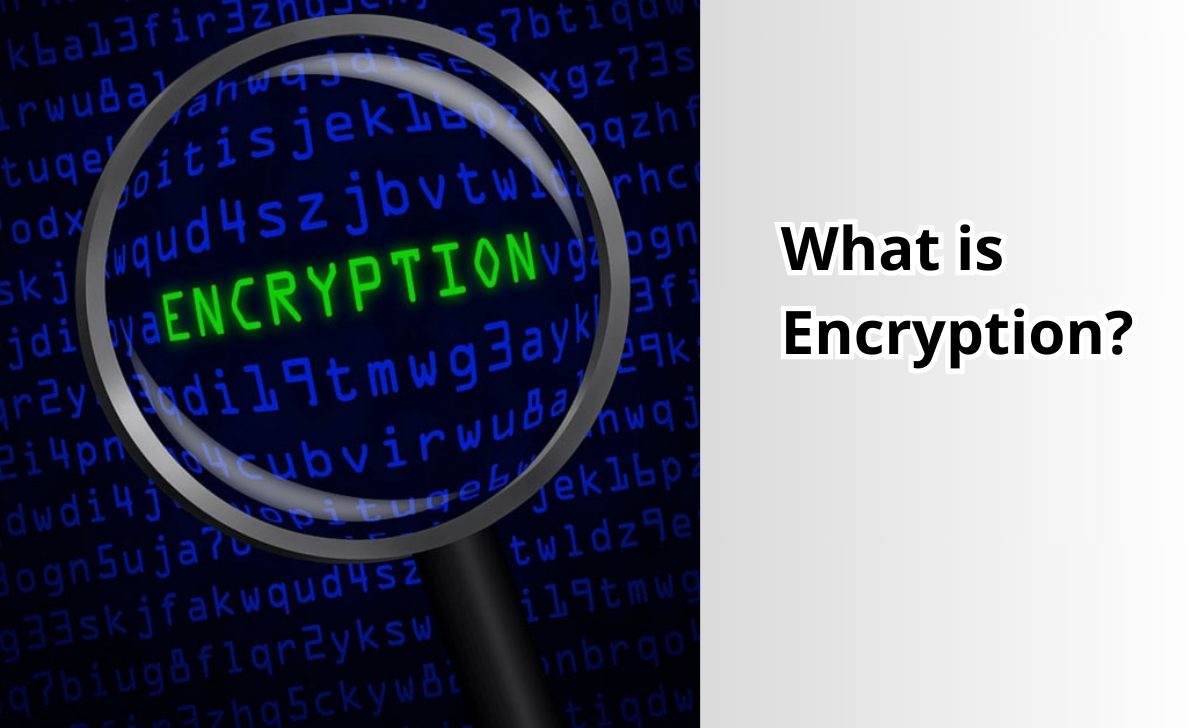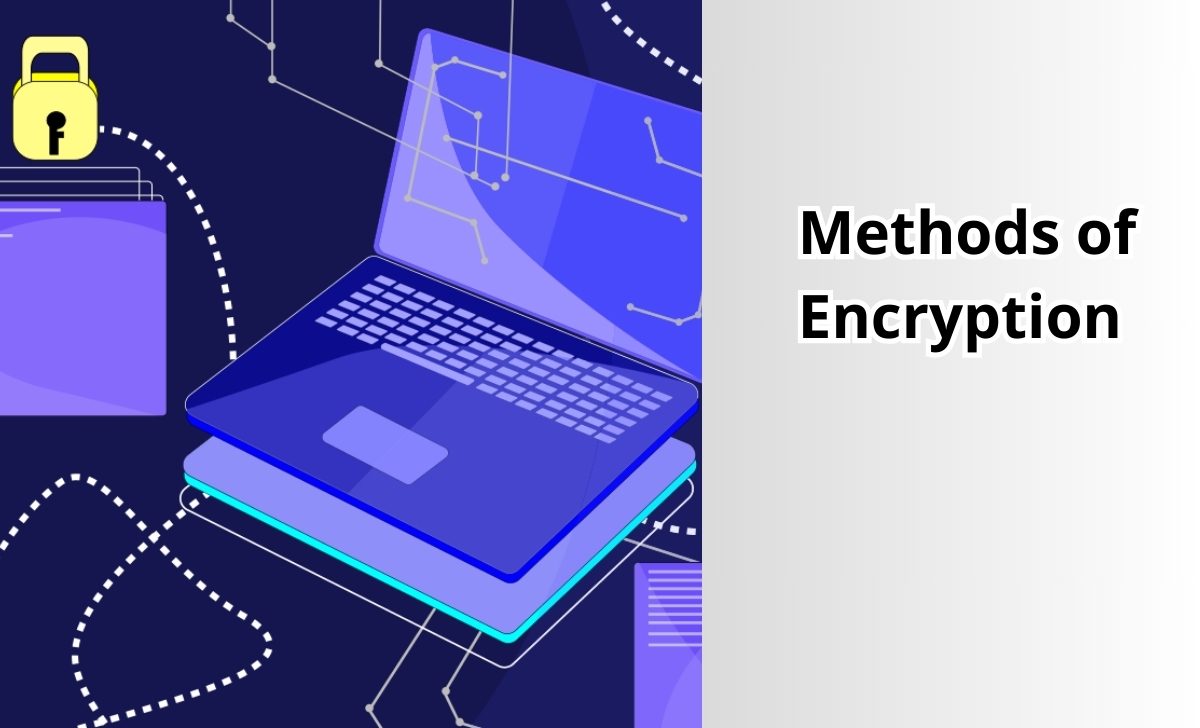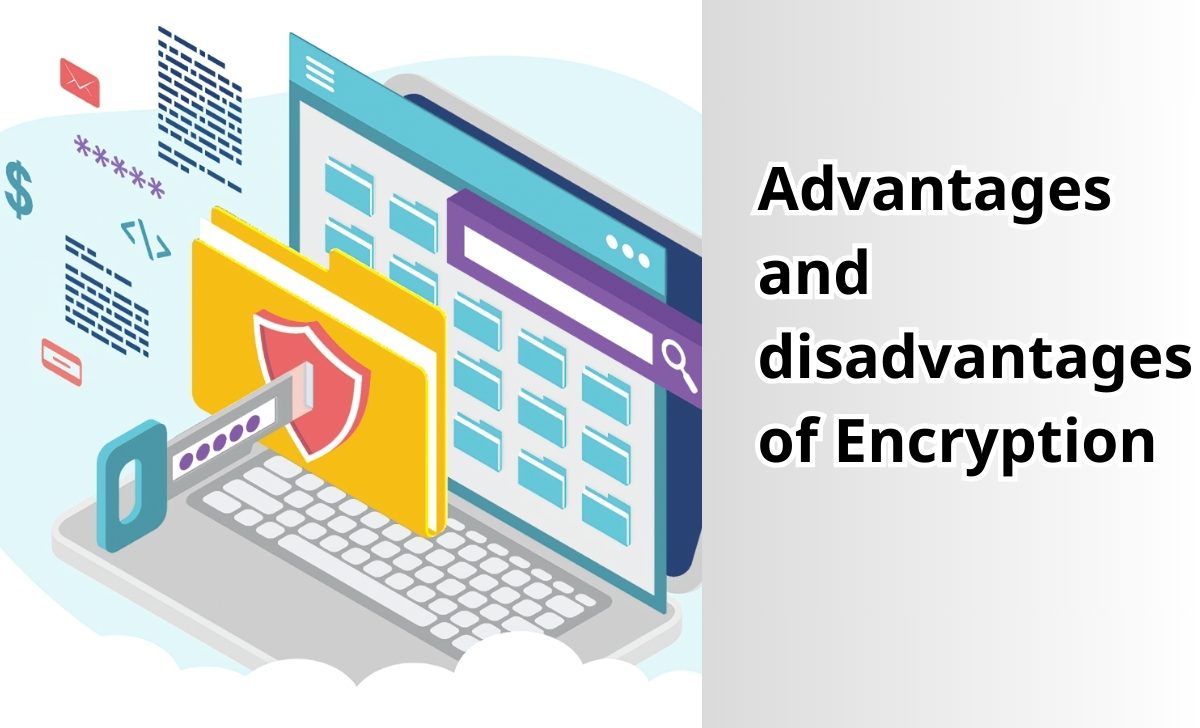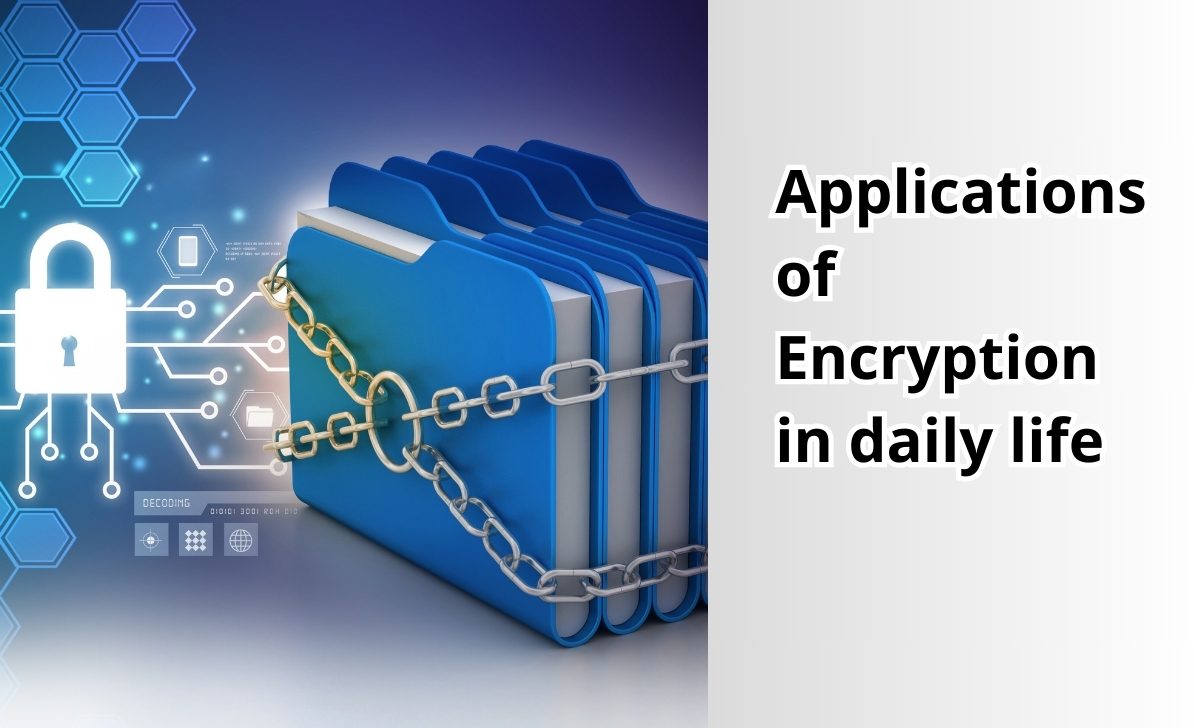Encryption is likely a familiar concept in the field of information security. It serves as a robust layer of protection, preventing unauthorized access to data.
But how does encryption work and why is it necessary? Let’s explore it in detail with AZCoin in this article!
What is Encryption?

Encryption is the process of converting data from a readable form (plaintext) into an unreadable form (ciphertext) to protect information from unauthorized access. Once encrypted, data can only be decrypted and read by those who possess the corresponding decryption key. Encryption is a core technology that ensures the security of information on the internet, from protecting passwords to encrypting financial data.
How does Encryption work?
Encryption works by using encryption algorithms to transform original data into encrypted data. This process requires an encryption key to perform the encryption and a decryption key to revert the encrypted data back to its original form. The encryption key can be a sequence of numbers, characters, or a combination of complex characters.
Encrypted data cannot be read without the decryption key. This prevents third parties or hackers from accessing and using the information illegally. The more complex the encryption algorithms, the more difficult it becomes to decrypt unauthorizedly.
Methods of Encryption

Symmetric Encryption
Symmetric Encryption is a method where the same key is used for both encrypting and decrypting data. This means that both the sender and the receiver must share the same secret key to exchange information. While it is a fast and efficient encryption method, its downside is the risk involved in managing and distributing the secret key.
An example of Symmetric Encryption is the AES (Advanced Encryption Standard) algorithm, widely used in security applications like disk encryption and SSL/TLS connections in web browsers.
Asymmetric Encryption
Asymmetric Encryption, also known as public-key encryption, uses two different keys: a public key and a private key. The public key is shared openly and can be used to encrypt data, while the private key is kept secret and is used to decrypt the data encrypted by the public key.
This method is more secure as it does not require the private key to be transmitted through insecure channels. Asymmetric Encryption is commonly used in systems like PGP (Pretty Good Privacy) for email encryption and in digital signature authentication.
Besides exploring Encryption, you should also look into related concepts such as What is SolScan, What is a RESTful API, What is ETF,…
Advantages and disadvantages of Encryption

Advantages
- Data protection: Encryption ensures that only authorized individuals can access and read sensitive data, minimizing the risk of information leakage.
- Privacy protection: It helps safeguard personal information and financial data from unauthorized access.
- Regulatory compliance: Many industries require companies to encrypt data to comply with security and data protection regulations.
- Authentication and integrity: Encryption not only protects data but also helps verify the authenticity and integrity of information, preventing unauthorized data alteration.
Disadvantages
- Resource-intensive: The process of encryption and decryption can consume significant system resources, especially when using complex encryption algorithms.
- Complex key management: Managing and distributing encryption keys requires high levels of caution, particularly with Symmetric Encryption.
- Compatibility issues: Not all systems and devices support strong encryption algorithms, which can lead to compatibility problems.
- Risk of key loss: If the decryption key is lost, the encrypted data is nearly impossible to recover, leading to permanent data loss.
If you want to invest in cryptocurrency space and need a secure place to trade, check out the list of the best crypto exchanges 2024 trusted by many.
Applications of Encryption in daily life

Encryption is present in almost every aspect of modern life. Some common applications include:
- Personal information protection: Encryption safeguards sensitive data such as credit card numbers and passwords during online transactions. Browsers use HTTPS to encrypt transmitted data, ensuring safety against cyber-attacks.
- Secure communication: Messaging apps like WhatsApp and Signal use end-to-end encryption to protect message content, allowing only the sender and receiver to access the information.
- Business data security: Companies encrypt crucial data like customer information and internal documents to prevent information leakage during unauthorized access or theft.
- Digital signature and authentication: Encryption aids in verifying identities and ensuring the integrity of documents and online transactions, which is especially important in business and legal matters.
- Healthcare information protection: Encryption safeguards personal health records and sensitive data within healthcare organizations and protects internet-connected medical devices from cyber-attacks.
- IoT device security: IoT devices use encryption to protect data and user privacy, ensuring safety when these devices transmit data over the internet.
Future trends in Encryption
In the future, encryption will continue to evolve with emerging technologies like quantum computing, requiring stronger encryption algorithms. Quantum encryption, or quantum cryptography, is being researched and promises to offer superior security compared to current methods.
Additionally, decentralized encryption systems in blockchain will become more prevalent, ensuring data security and integrity without centralized control.
Conclusion
We have explored the importance of encryption in protecting personal data and sensitive information. AZcoin believes that applying modern encryption algorithms is crucial in building a secure and reliable blockchain ecosystem!

I am Louis Dang, living in Ottawa, Canada. I am currently working as a trader for AZCoin company, with 7 years of experience in the cryptocurrency market, I hope to bring you useful information and knowledge about virtual currency investment.











